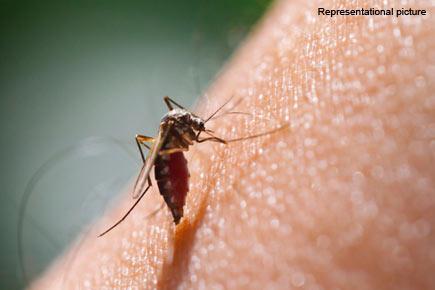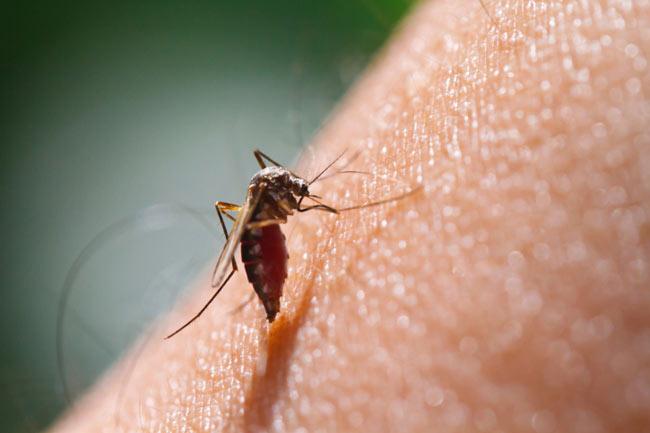One reason why mosquitoes transitioned from harmless animal-biting insects into deadly vectors of human disease was their love for human body odour, says a new research

One reason why mosquitoes transitioned from harmless animal-biting insects into deadly vectors of human disease was their love for human body odour, says a new research
New York: One reason why mosquitoes transitioned from harmless animal-biting insects into deadly vectors of human disease was their love for human body odour, says a new research.
"They have acquired a love for human body odour and that is a key step in specialising on us. It was a really good evolutionary move," said Leslie Vosshall from the Rockefeller University in the US.
ADVERTISEMENT
 Mosquito. Representational Picture
Mosquito. Representational Picture
"We provide the ideal lifestyle for mosquitoes. We always have water around for them to breed in, we are hairless, and we live in large groups," she added.
To understand the evolutionary basis of this attraction, Vosshall and her colleagues examined the genes that drove some mosquitoes to prefer humans in Rabai, Kenya.
Scientists had earlier observed two distinct populations living just hundreds of metres apart.
Black mosquitoes, a subspecies called Aedes aegypti formosus, tended to lay its eggs outdoors and preferred to bite forest animals.
Their light-brown cousins, Aedes aegypti aegypti, tended to breed indoors in water jugs and mostly hunted humans.
"We think we can get a glimpse of what happened thousands of years ago by looking at this little village in Kenya because the players are still there," Vosshall said.
To zero in on the genes responsible for the human-loving mosquitoes' preference, the researchers crossbred the mosquitoes, creating thousands of genetically diverse grandchildren.
The researchers found 14 genes strongly linked to liking humans, but one odour receptor gene - Or4 - stood out.
"It is very highly expressed in human-preferring mosquitoes," Vosshall added.
The researchers noted that the switch from preferring animals to humans involved a variety of behaviour adjustments.
Mosquitoes had to become comfortable living around humans, entering their homes, breeding in clean water found in water jugs instead of the muddy water found in tree holes.
The study appeared in the journal Nature.
 Subscribe today by clicking the link and stay updated with the latest news!" Click here!
Subscribe today by clicking the link and stay updated with the latest news!" Click here!







